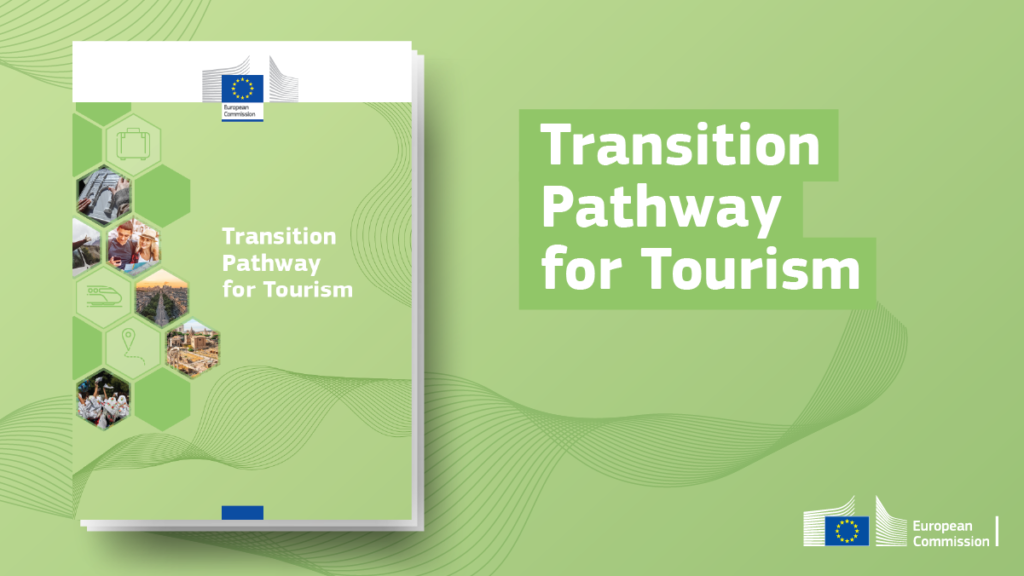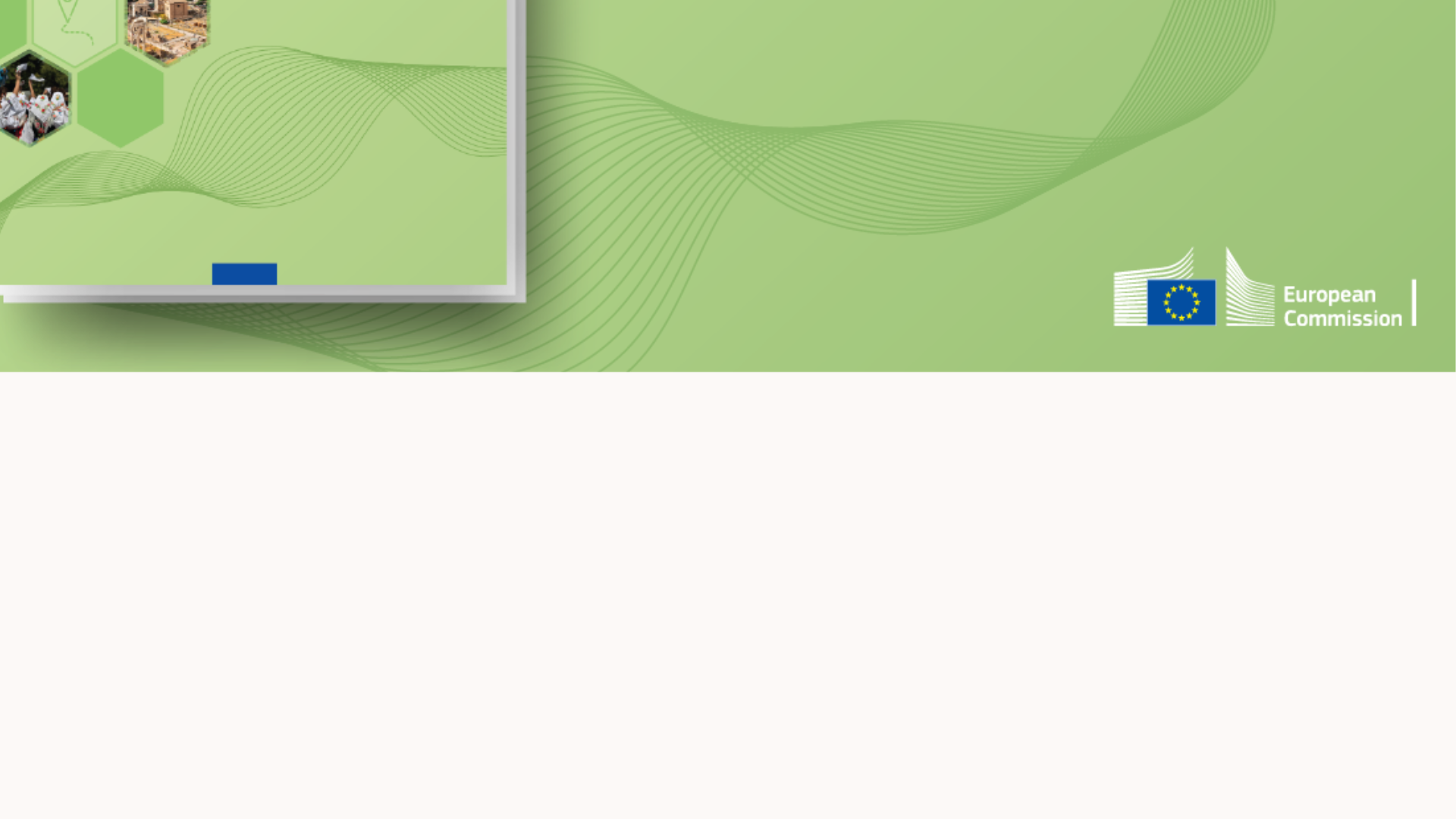On the 4th of February 2022, the European Commission released the Transition Pathway for Tourism Report, for which FH-Prof. Dr. Barbara Neuhofer was appointed as one of the three academic experts to lead the co-creation of the Tourism Transition Pathway towards a green, digital and resilient tourism 2030 strategy.
Need for the Tourism Transition Pathway
In March 2020, the new industrial strategy was adopted by the European Commission. The strategy aimed to guide the EU industries into a green and digital transformation process while boosting the EU’s competitiveness in a global context. Merely a few days after the adoption of the new EU industrial strategy, COVID-19 was confirmed to be a global pandemic. At that point, the long-term effects of the pandemic were still unsure, although it was clear that the recently published industry report required a review sooner than later. In June 2021, the transition pathway for tourism was launched. As tourism is the industry that was most affected by Covid-19, this sector has been selected as the first industrial ecosystem in which a co-creation process was launched to develop a transition pathway.
Co-creation of the Tourism Transition Pathway
The co-creation of the Tourism Transition Pathway 2030 was lead by three academic experts: FH-Prof. Dr. Barbara Neuhofer – known for her longstanding international expertise and research in the field of smart and digital tourism experiences and Professor of Experience Design & Transformation at the Salzburg University of Applied Sciences; Prof. Ko Koens, Professor of New Urban Tourism at the Inholland University of Applied Sciences; and Prof. Xavier Font – Professor of Sustainability at the School of Hospitality and Tourism Management at the University of Surrey.
The co-creation process consisted of five rounds of consultation with a diversity of tourism representatives – from industry associations, academia, organizations, NGOs, trade unions, and DMOs to tourism SMEs as well as tourism ministers from the 27 member states.
The report put forward 27 areas of measures for ensuring a more resilient EU tourism industry with a focus on the green and digital transition shaping the future tourism agenda 2030 in the EU. Designated stakeholders, such as national, regional, and local authorities, the European Commission, destination management organisations, tourists, SMEs, and others ought to take action and collaborate to accelerate the transition and ensure better tourism ecosystem (See the Annex: ‘Table of actions, actors and outputs’ in the Tourism Transition Pathway report).
Barbara says:
“It’s been a great honour to serve on this project. The pathway is a great example of how a co-creative approach can be used for policy making at the highest European level – by having diverse voices heard and working together towards shaping the future of our tourism ecosystem for flourishing and wellbeing for all.”

Download the report here:
